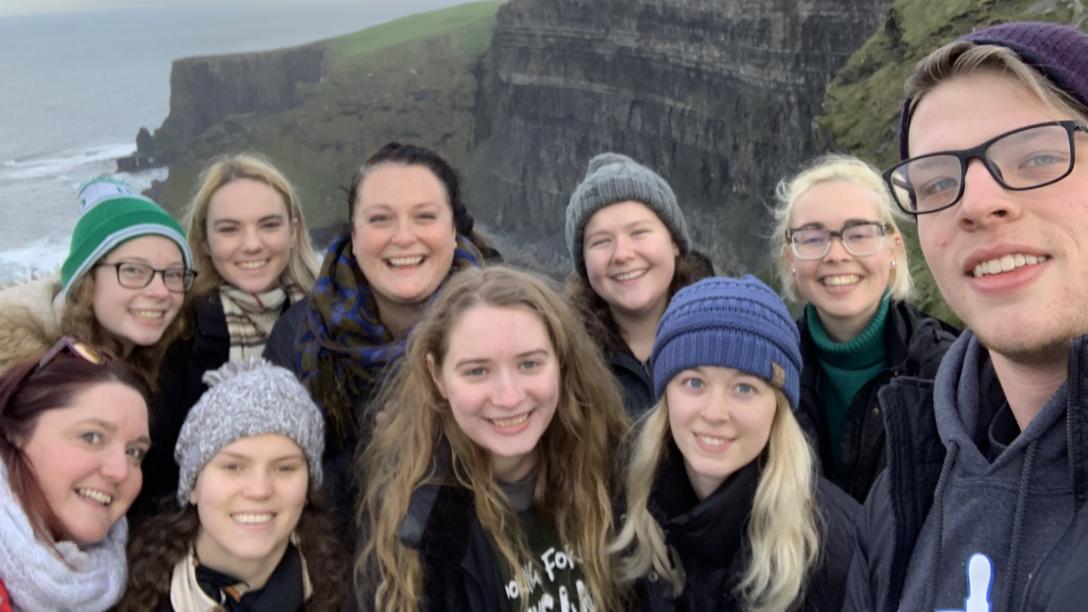
Criminal Justice
Mercyhurst University’s Criminal Justice program affords students the ability to take a broad spectrum of courses that are designed to provide a basic understanding of the criminal justice system, to theorize why people commit crime, to review judicial processes and constitutional safeguards, to examine the effectiveness of correctional systems, and to evaluate criminal justice policies. Thus, our program encompasses all aspects of the criminal justice system. Our curriculum prepares students for careers in public and private sectors, in public safety and protective services, in legal and victim service arenas, and in correctional facilities and reentry agencies.
Our award-winning and nationally recognized faculty members personally advise our students with their schedules and with their career paths. Our student-centered approach allows us to assist students with deciding on obtaining internships, participating in study abroad opportunities, and networking in the field of their concentration—this hands-on learning in real world settings complements their classroom instruction!
Fast Facts
- Since 2002, our graduating seniors have consistently scored higher than the national average on the Major Field Test in Criminal Justice in the areas of Law Enforcement, Law, Court System, Corrections, Theories of Behavior, Research Methodology and Statistics, and Critical Thinking.
- We offer criminal justice-focused study abroad opportunities through which students can visit other countries to learn about and compare systems of justice.
- Our department won the 2017 Academy of Criminal Justice Sciences, National Program of the Year Award for its activities during March’s National Criminal Justice Month.
- We have a 4+1 program with our Criminal Justice Administration online graduate program, which allows students to earn both a bachelor’s and master’s in as little as five years.
- Students can also take advantage of a 3+3 program partnership with Duquesne University School of Law and Cleveland Marshall School of Law.
Learning Outcomes
- Demonstrate knowledge of the criminal justice system and profession's historical context
- Demonstrate synthesis, problem-solving, and critical-thinking skills
- Demonstrate basic knowledge of the criminal justice operation's legal aspects
- Synthesize and apply basic knowledge of sociological issues affecting criminals
- Demonstrate an understanding of methodological concepts for conducting and analyzing research
- Demonstrate and apply knowledge of professional skills for criminals
Meet the Faculty
Criminology and Criminal Justice

Maria Garase
Dean, The School of Social & Behavioral Sciences; Associate Professor, Criminology & Criminal Justice

EmmaLeigh Kirchner
Chair, Department of Social Justice & Community Health, Associate Professor, Criminology & Criminal Justice
Emmaleigh Kirchner, Ph.D.
Chair, Department of Social Justice & Community Health
Office: Preston 115







